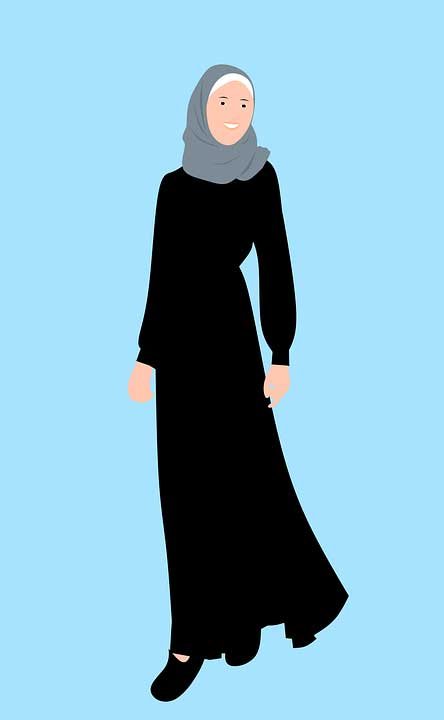
Introduction
Hijab is an Arabic word that means “cover” or “curtain”. It is a headscarf worn by Muslim women as a symbol of modesty and religious faith. The full Islamic hijab covers the head, neck, and chest and is worn by many Muslim women worldwide. In this article, we will explore the benefits of wearing a full Islamic hijab and why it is an important part of Muslim women’s identity.
What is a Full Islamic Hijab?
A full Islamic hijab is a type of headscarf worn by Muslim women that covers the head, neck, and chest. It is often worn in combination with loose-fitting clothing, which covers the arms and legs as well. The hijab is worn as a symbol of modesty and religious faith and is an important part of Muslim women’s identity.
Benefits of Wearing a Full Islamic Hijab
- Modesty: One of the primary benefits of wearing a full Islamic hijab is that it promotes modesty. Muslim women believe that modesty is an important virtue and that wearing the hijab is a way to show respect for themselves and for God.
- Protection: The full Islamic hijab provides protection from the sun, wind, and other elements, which can be especially important in hot and dry climates. It also provides protection from unwanted attention and harassment, which can be a common problem for women in some parts of the world.
- Identity: Wearing the full Islamic hijab is an important part of Muslim women’s identity. It is a way to express their religious faith and to identify themselves as Muslims. The hijab can also be a way to connect with other Muslim women and to build a sense of community.
- Self-Esteem: Many Muslim women who wear the full Islamic hijab report feeling more confident and self-assured when they wear it. They believe that it gives them a sense of dignity and respect and helps them to feel more in control of their lives.
- Spiritual Benefits: For many Muslim women, wearing the full Islamic hijab is also a way to connect with God on a deeper level. They believe that by wearing the hijab, they are following God’s commands and living a more spiritual and fulfilling life.
Challenges of Wearing a Full Islamic Hijab
While there are many benefits to wearing a full Islamic hijab, there are also some challenges that come with it. One of the most significant challenges is that it can attract unwanted attention and criticism from people who do not understand the reasons for wearing it. Some Muslim women have reported facing discrimination and prejudice because of their hijab.
Another challenge is that it can be uncomfortable to wear in hot and humid climates, especially if the fabric is heavy or thick. It can also be challenging to find hijabs that fit well and are comfortable to wear, especially for women with larger heads or faces.
There are several types of hijab worn by Muslim women, including:
- Hijab: The most common type of hijab is a headscarf that covers the head and neck, leaving the face exposed.
- Niqab: A niqab is a veil that covers the face, leaving only the eyes exposed.
- Burqa: A burqa is a full-body covering that includes a face veil, which covers the entire face and has a small mesh window to see through.
- Chador: A chador is a full-body cloak that covers the head and is worn by some Muslim women in Iran and other parts of the Middle East.
- Khimar: A khimar is a type of headscarf that covers the head and neck, and drapes over the shoulders and chest.
- Shayla: A shayla is a long rectangular scarf that is wrapped around the head and tucked in at the shoulders.
- Al-amira: An al-amira is a two-piece hijab consisting of a tight-fitting cap and a scarf that is wrapped around the head.
Each type of hijab has its own unique style and cultural significance, and Muslim women may choose to wear one or more types of hijab depending on their personal preferences and cultural traditions.
Conclusion
The full Islamic hijab is an important part of Muslim women’s identity and serves many important purposes, including promoting modesty, providing protection, and connecting with God on a deeper level. While there are challenges to wearing the hijab, many Muslim women find it to be a source of strength, confidence, and self-esteem. By understanding the benefits of wearing the full Islamic hijab, we can appreciate the role it plays in Muslim women’s lives and show respect for their beliefs and values.











